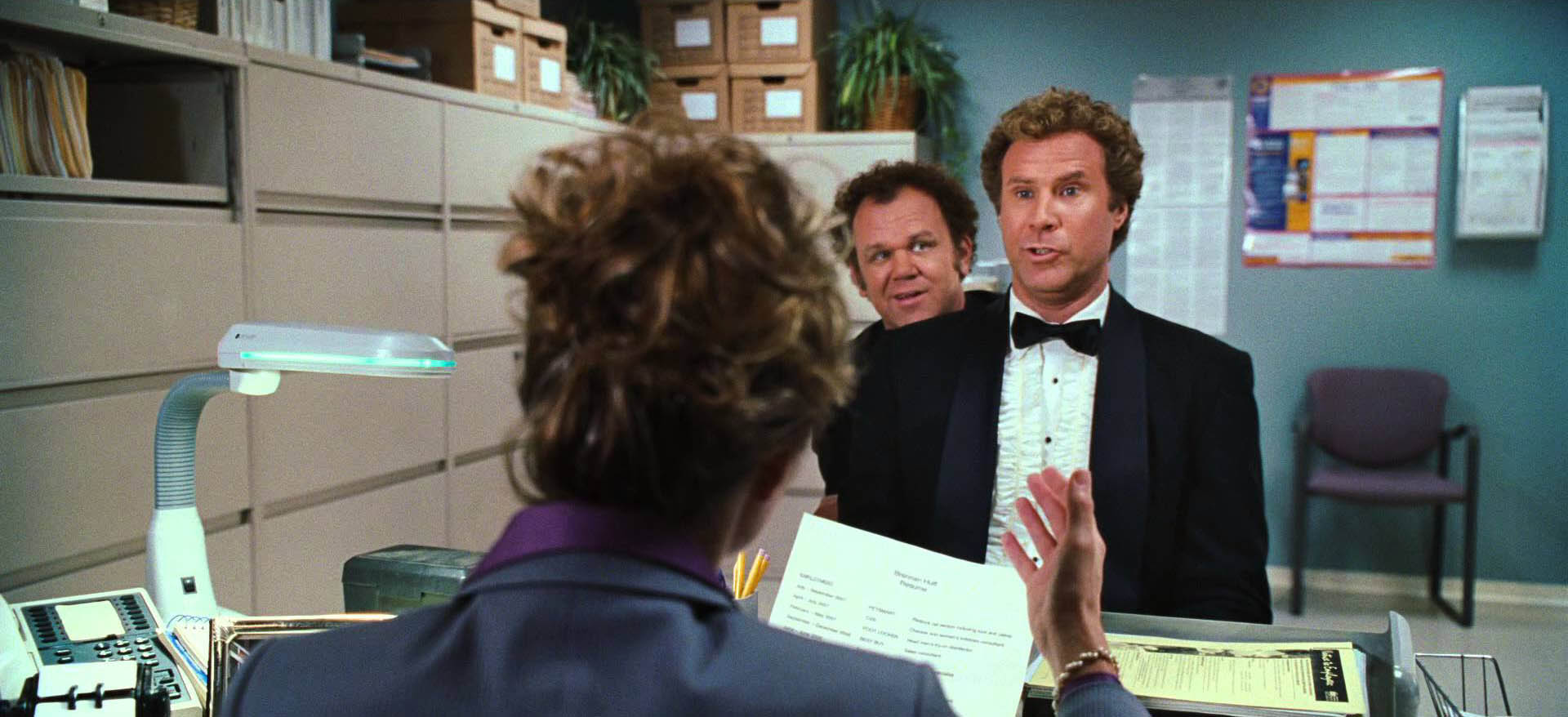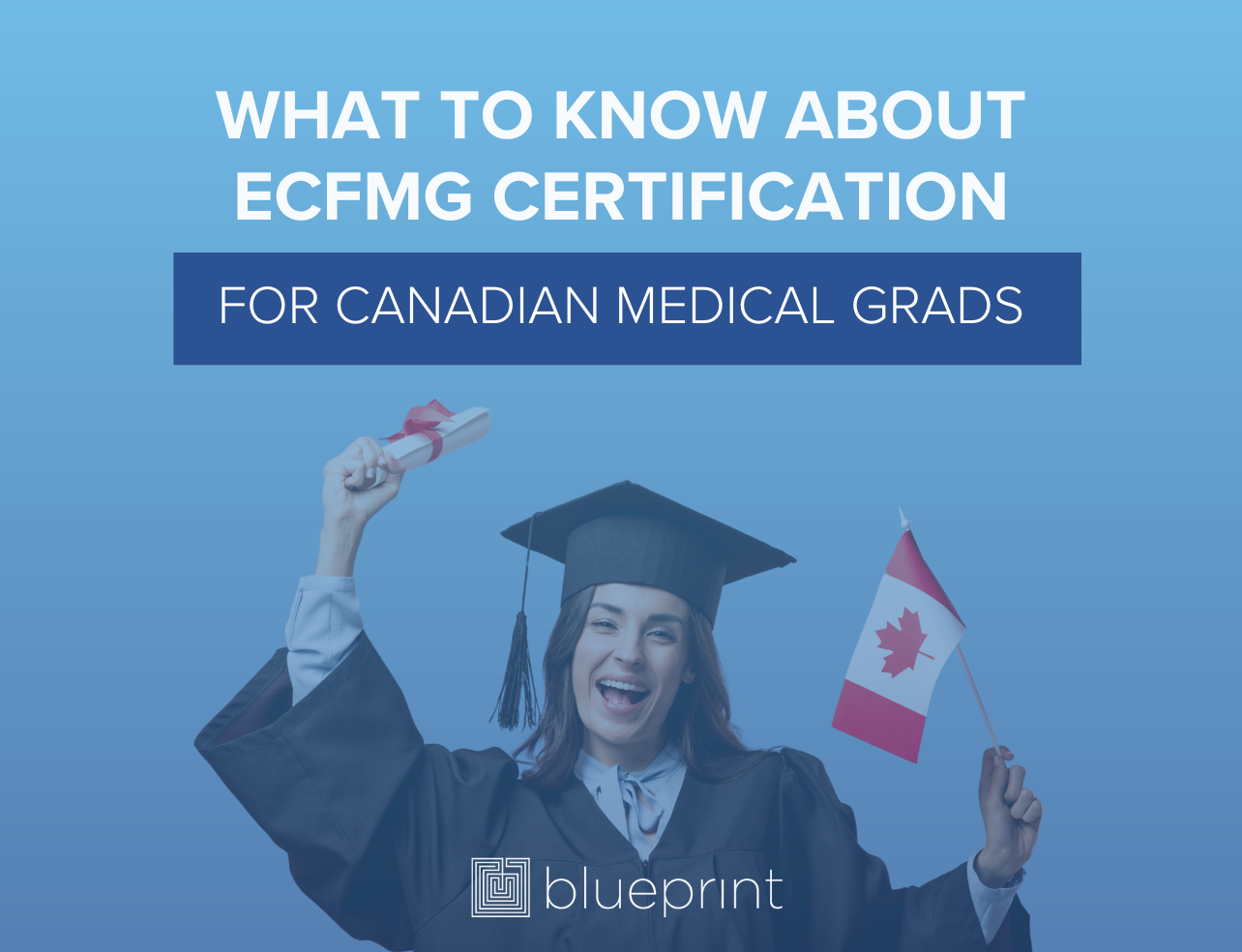MST Tutors Joshua Shapiro and Dr. Brian Radvansky contributed to this post.
One of the most exciting, exhilarating, and expensive endeavors of your fourth year of medical school is the residency interview trail, in which aspiring residents will visit countless programs across the country in order to demonstrate their merit as a potential incoming intern.
The interview is not only a chance to demonstrate that you are in fact as good as or better than your paper application, but also an opportunity to determine fit: do you fit in with the program and does the program’s philosophy fit your aspirations?
Although the residency interview process will become easier as you progress along the trail, it will also become repetitive. You’ll be faced with the same standard questions:
- • “tell me about yourself”
- • “why do you want to be a(n) [insert specialty of choice here]”
- • “tell me about your research”
- • “tell me about a time when [insert ethical scenario here]”
- • “why do you want to come to our program”
- • “what questions do you have for me?”
If you’re like me, you’ll likely have difficulty with that last question because there is so much to ask, so much that I wanted to know about a program, yet so little understanding of a good question to ask.
It’s important to remember that, once you are invited for the interview, you are qualified for the position. You have passed the screening process, and you have what it takes to be a resident at that program. Yet, just because you qualified does not mean that you will be a perfect fit at that program or that the program will be a good fit for you.
In this case, I’ll use the word “fit” to denote your ability to excel in a specific program, and for that specific program to provide the environment and tools necessary for you to excel. Determining a mutual fit is arguably the most important part of the residency interview process.
If the program is a good fit for you, you and the program will recognize it, and you will have a higher chance of matching. The program may determine fit by asking difficult questions such as: “tell me about yourself,” “what got you interested in [insert specialty here],” and “why do you want to come to our program?”
As you wait for your interview to begin, you sit and mingle with the other candidates, three-quarters engaged with them, and one-quarter rehearsing interview answers in your head. As you obligatorily nosh on a bagel, and drink some coffee (but not too much), you patiently wait for your name to be called. The coordinator walks to the room, smiles, and calls your name.
Asking Residency Interviewer Questions
Out of all of the common questions they may ask, one of the most important aspects of your medical residency interview follows the question: “What questions do you have for me?”
Your mind races. They’re asking me this now? I have 3-5 minutes of material for this interview closing question, and this interviewer has the audacity to ask it at the beginning of my 20-minute interview?
This scenario can certainly happen, and the more interviews you go on, the more likely you are to be confronted with it. While every interviewer has a different style, some will turn to you to drive the encounter, and you should be prepared for this situation as well. How to proceed?
While it sounds obvious, the first question to ask yourself in preparing responses to this question is, “What do I ACTUALLY want to know about this program? About this city? About these residents?” While practicing for interviews, students often get caught up in having the “right” answers and asking the “right” questions. They aim to ask interviewers questions that they think will make them shine. But in reality, this is a golden opportunity to have all of your real questions answered!
Put it in perspective. You are about to spend 3-7 years of your life, working nearly every day, at this program. You have to gauge whether or not that’s a good idea based merely on a handful of 20-minute conversations, a tour, a website, some hearsay, and if you are lucky, a night out with current residents. In all honesty, you probably (and should certainly) have a load of questions to ask this interviewer.
How to Prep for Residency Interview Questions
What to do? Sit down and think about it, dispelling any concern of asking “the right” questions. What do you actually want to know about the program?
Most medical students have the luxury of visiting 2-3 programs on away rotations prior to interviews, but chances are, you will interview at and match at a program that you did not rotate at.
Your ensuing questions should demonstrate that, yes, you have done research about the program — by talking to current residents, reading the program’s website, and possibly connecting with medical students who rotated at that program. Because the program does not know you outside of your paper application, asking insightful, open ended questions enables you to demonstrate to the program that you are interested and that you and the program are a mutual fit.
Determining this fit from your perspective, is best done by demonstrating your enthusiasm, aspirations, and desires by asking difficult questions that convey these qualities.
The Importance of Asking the Right Questions
The interviewer will likely determine fit by the questions you ask.
Your interests say more about you than your qualifications. So asking questions that you want the answer to and that demonstrate your enthusiasm and aspirations is crucial to identifying fit. For example, if you’re curious about opportunities to practice procedures outside of the operating room, ask an open ended question such as:
“What opportunities would exist for me to improve upon my surgical technique outside of the operating room? I find that I learn best from my mistakes, and I would rather make these mistakes in a no-risk environment than in an environment that could potentially harm a patient.”
By asking a qualified, open ended question like this one, you can convey your desire to put in work beyond the requirements, recognize your limitations, and improve upon your weaknesses.
Additional Questions to Consider Asking at Your Residency Interview
1. What kinds of things do you like to do in the area?
If you are about to pick up and move your life to a new city, you’d probably like to know what a like-minded person enjoys doing there. Are they going to plays and operas? If you are fitness-inclined, you might wonder if they are running on the beautiful trails or utilizing an extensive bike path network to get to the hospital. Some people live to dine out. Are there amazing restaurants nearby? Do they have a favorite? Not only will this question help you get the lay of the land, it will give you some context to see what kind of person your interviewer is.
2. What’s the relationship with other departments like? What kind of visibility does the residency have in the hospital?
While you may get an “Oh, it’s great,” for an answer, seeing how your department fits into the mesh of the hospital provides you with some context for what you’ll be doing. If you are looking at anesthesia, you would probably prefer a particular program where you are not holed up in the OR 95% of the time, but rather seeing difficult anesthesia consults, spending time in the ICU following your post-ops, and managing an acute/chronic pain service on the hospital floor. For surgery, you want to be trusted for having a good relationship with internal and emergency medicine departments for proper consults, as well as adequate clinic time so patients get to meet you. The more exposure that you get across a diverse number of venues, the more visibility and face time you will portray, and the better for your career and development.
3. Does the department hold social events together? Do residents spend time together outside of work?
We are all humans underneath these white coats. And while free time might be at a premium, spending any amount of time with other residents and members of our own department boosts morale, which can get low during dreary days of residency. If I find out that no one is spending any amount of time together, whether it’s because the opportunity doesn’t exist, or because no one wants to, I would question if residents are being burned out and have no strength/desire to do much outside the hospital.
4. What are you doing to improve the program?
This is a great question to ask the program director, or the chair if you happen to cross paths. At first glance, it might seem audacious. But when you stop and think about it, the program director’s job is to always be improving the program. Even the highest-ranked programs in the country need to continue to try and improve. Asking this specific question is not casting a bad light on the program, nor judging it; you should have an active interest in how the program can and should change during your tenure there. It can also open a forum for you to have any of your concerns addressed. Perhaps there’s a higher than average attrition rate at this particular program. What is the program doing to support and foster the well-being of its residents? Was there fear for the program’s re-accreditation? What did they do address these concerns? This question dovetails perfectly into the next question…
5. Are there any weak points of the residency that you think need addressing?
You certainly want to know what gaps the residency has, and what the program leadership is doing to correct it. Are the residents in such clinical demand that their formal didactic education is suffering? Has opening of new hospitals and clinical sites led to disorganization? No residency is perfect, and there have to be some areas that the program is looking to improve. If the program leadership cannot identify any areas that need improvement, they need to take a more active role in trying to better the program.
6. What is the [program-specific activity] experience like?
If you have a pointed question about a specific attribute of the program, now’s the time to raise it. Maybe you are curious about their research/scholars program. Or want to learn more about their electives in global health. But only ask about these things if you are truly interested. “Killing time” by feigning interest in parts of the program is useless.
7. “I saw on your website that residents have a dedicated 2 month research period. I have experience in [insert research here] but I would love to learn more about _____ .”
8. Where are residents ending up after graduation?
This is, after all, what you are really interested in. While getting the best possible residency training is what’s most important right now, the thing you really care about is building your career with a dream job or fellowship. Your odds of ending up there are pretty well reflected by where previous residents ended up. Is everyone headed to academics? Or are they all private practice bound? Are residents having difficulty passing boards or landing jobs? The program should have an active interest in following up on their graduates…find out where they are, and if you could see yourself there in the future, too.
9. “I’d love to continue to expand my knowledge through original research. What opportunities exist and what resources are available at resident disposal?”
10. What’s a regular day like for you?
This specific question will generate a lot of information, and solid material for further discussion. For one thing, there is a chance you will end up as an academic attending at your residency program, so you might want to know what that’s like. You will want to know how active a role this interviewer and other attendings have in their residents’ education. I was personally interested in how program directors came to be program directors – was this a goal of theirs? Or did they fall into the role by happenstance? This is also a golden question to ask current residents that might be involved in your interview process, especially at pre-interview dinners. After all, the lives they lead now will be pretty parallel to the life you will soon be living if you match to their program. See what that life is like, from the hours, to the call schedule, to the education, to the congeniality. Really gather as much information as you can about resident work and life, so that you can make an educated guess as to how you will fit into the mix.
11. What do people do to excel in this position?
Asking your employer this question is a simple way to set yourself up for success. It accomplishes 3 main objectives.
First off, you are demonstrating an active interest in being the best you can be. You are not just taking the job for a paycheck, you are doing so as a foundational move in your career, and want to do what it takes to excel and succeed. What better way to achieve this goal than asking what your predecessors have done to achieve it?
Second, you might discover behaviors to avoid. I had asked this question on a previous interview, and was told something along the lines of, “Based on your residency training, you are going to do fine here. [pause] But the one thing that the supervisors don’t like to hear is ‘When can I go home?’”
Naturally, “Can I go home now?” is not a question that screams “I’m a go-getter,” but in a moment of weakness after an excruciating day, such a phrase might leak out of one’s lips. Being given explicit direction to not use this language was enough to make sure I never utter it!
The last and most important epiphany that this question grants you is the ability to deliver on a specific ask. Let’s say your employer says “The best and brightest seek out opportunities to support their colleagues.” This now becomes part of your mission statement. Find out how your colleagues need to be supported. Then, when it comes time for formal reviews, you can point to this query and your subsequent actions as reasons you deserve praise, promotion, or a raise.
“Medical director, when I first started you told me that the best members of the team find ways to support their colleagues. Well, since I’ve started, I’ve launched the physician wellness committee, held an interdepartmental grand rounds on burnout, and mentored the 3 new hires during their transitional period.” When you achieve whatever the goal is, you have completed a strong feedback loop. You’ve shown that you can identify areas that need solutions, and can explicitly deliver on those areas.
Keep in mind that if you think it sucks to be asked the same thing over and over again (which you will by interview 3 or 4), your interviewer does as well, so mix up your questions, make them personal, and make them meaningful.
Interview practice makes perfect.
Prior to actually getting to your interview, it is important to practice. Practice makes perfect by elucidating mistakes and enabling improvement under little to no risk. Host mock interview sessions with your friends so you can role play as both the interviewer and the interviewee. That way you can gain an appreciation for the person sitting across the table from you at your medical residency interview.
On your interview day, make sure you have a good, firm handshake (solid connection, not death grip or limp fish), look your interviewer in the eye, introduce yourself with confidence, repeat your interviewer’s name i.e. “It’s nice to meet you Dr. Smith”, and thank the interviewer for taking time out of his/her busy schedule to meet with you.
Keep in mind that a good interview is one in which the interviewer and interviewee split time talking and avoid awkward pauses. Practice early and often. Prepare for common residency interview questions and have a list of questions written that you would like to ask. You’ve made it to the interview and you’re qualified to be a resident — now it’s time to determine your fit.
Which leads us to a final reminder. It all comes down to fit. You can ask and answer a thousand questions and find out everything you could possibly want to know about a residency program, but what really matters is if it feels right. Let your gut be your guide and make a decision about how the program feels, and if it fits what you are looking for rather than making an overly rigorous analysis of its finer points.





